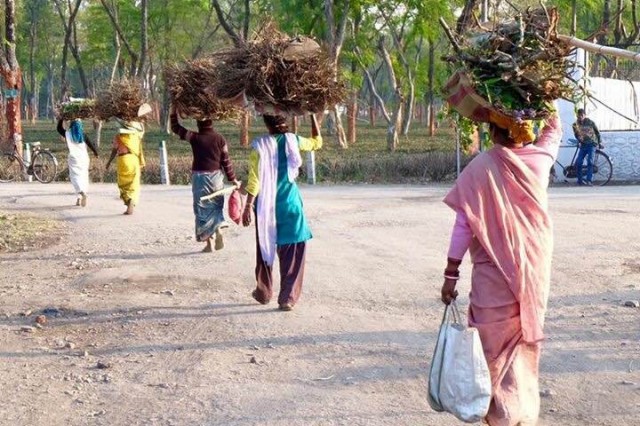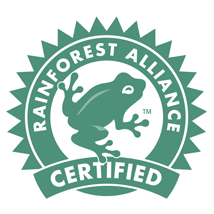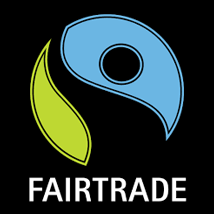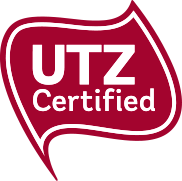The tea plantations in India are a beautiful sight to behold. The gardens stretch for kilometres and are green and lush. Visitors travelling through on the well made roads between the gardens could be forgiven for believing that it is a paradise to live and to work in. Unfortunately nothing could be further from the truth.
Tea plantations owners are paid so little for their crops that they are not able to earn enough money to pay the workers adequately. This contributes to dire poverty amongst the workforce, and as such the tea plantations are a primary source of supply for human trafficking agents.
How the tea supply chain works in basic terms
The Assam region in India supplies some of the highest quality tea in the world. Different types of teas are blended to create different flavours, but the Assam tea is used as a base for most high quality teas globally. But pick up the packaging of your tea favourite tea and try to identify where the tea is from, and it is impossible. Where the tea originates from is very difficult to trace, and this is because all the elements in production are disaggregated.
The tea is grown on plantations in regional areas. For the large plantations they process the tea on site, for smaller growers it goes to manufacturing facilities. Then all tea is transported to regional auction houses where buyers for the big tea brands wait to purchase it.
The big brands have all the power
Because of the size of the tea retailers, the growers have no power at all. They have to accept the prices determined (sometimes through collusion) by the buyers or risk not selling their product at all. When we look at the price per kilogram on retailed product, it can be up to 100 times the value of that paid to the grower at auction.
The process looks like this:
It’s the workers who really pay the price
Given the low prices tea growers fetch at market, that then extends to what they are able to pay the field workers. The workers are required to live on site of the tea gardens, and the housing has often been there for generations with little additions or repair. The growers pay for their food, medicine, water and other essentials so the workers have no control over their most basic needs. The growers also then assess these provisions as part of their salary so their actual pay is extremely low.
Many of the workers are only employed as temporary, or casual workers, and so they are not paid when they are not working. They are also not provided the living allowances that the regular employees receive.
‘Mr John’ the head of a community education program in Northern India supporting small tea growers explains:
Human traffickers love this situation
Human trafficking is the buying and selling of people in the most vulnerable communities into the sex trade or manual labour. Most often people are ‘tricked’ by traffickers, offered the promise of a job in another city but once in the clutches of the agents they are sold to the highest bidder. They are then either kept in slave like conditions or in a bonded labour situation where they are told they have to pay off an inhibitive ‘debt’ for having been transported and accommodated by the trafficker to their place of work. But also, parents can be so desperate and unable to feed their families, that they sell their children.
The worker conditions in the tea fields provides an endless supply of humans for trafficking agents in India. The living conditions in and around the tea fields is so desperately poor, and the agents prey off the desperation. They entice potential workers into false jobs, or parents into selling their children promising that they will be provided for.
What can be done?
So long as we look at the retail and the purchasing of our every day goods through a commercial lens, these practices continue. Our economic focus means that producers look for the cheapest sources at ANY cost, to provide the highest quality products and the highest profits.
We as consumers need to be asking our brands – where did this come from? Who made this? We need to be aware that when our production and business models are focussed on buying materials at the lowest cost, it can be at the expense of the dignity of workers in developing countries.
There’s a few actions you can take. You can buy teas that have been ethically certified by Fairtrade, Rainforest Alliance or Utz; you can join your voice to those campaigning in this area such as stop the traffic or world vision; or you can write directly to your favourite tea brands and ask them how they are addressing the issue.
As a group of consumers we have a loud voice. Lets use it to create change and break the cycle.








